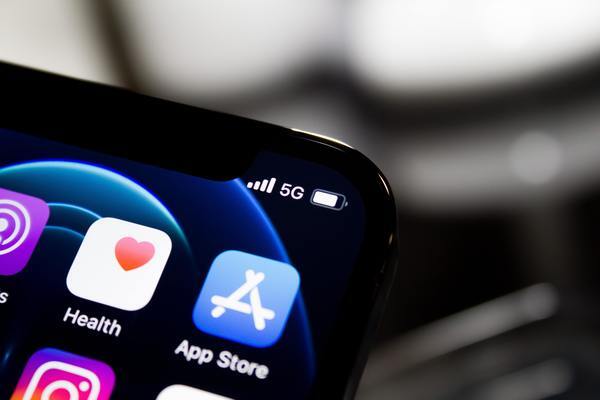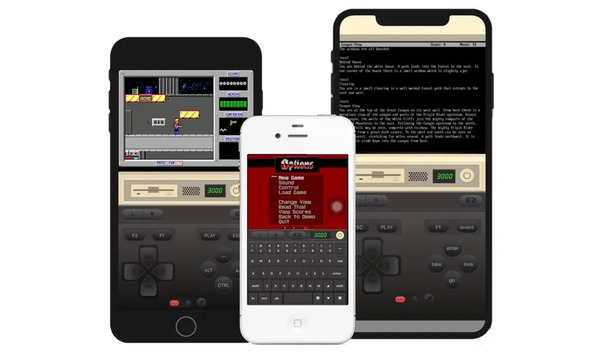
(James Yarema/Unsplash)
In 2008, the App Store seemed like an idea whose time had come (even if it wasn’t first)—a platform in which people could easily access whatever tools or entertainment offerings they wanted on their devices just by going through a digital storefront owned by Apple.
It was sold to us as a responsible thing to do. But it became quickly obvious to many observers that Apple’s control over its platform would gradually become toxic.
The most toxic elements came in the form of two offerings: First, the company’s 30 percent cut on all purchases that happen within the app; and second, the fact that Apple set pretty stringent rules about what was allowed in its stores … rules that were often influenced by said 30 percent cut and have created years of bad press for Apple. Combined, these elements gave Apple huge incentive to consolidate power on the App Store (which it did).
In some ways, these two features poisoned the well, and developers largely conceded to them only because of the size of the potential audience. By comparison, the Mac variant of the App Store, which laptop users aren’t required to use, is actually shrinking, as developers realize they have much more flexibility outside of the walled garden. (Shout-out to SetApp.)

The emulator app iDOS was recently removed by Apple because of an arbitrary rule interpretation.
Apple’s idiosyncratic nature meant that entire categories of applications, like emulators, were banned from its stores, but on top of that, developers had no way to get around the cut because Apple had implemented rules that prevented “steering,” meaning that developers didn’t even have control of their own signup process in Apple’s world.
(It was only slightly better in Google’s.)
But cracks have been showing in this model over the last year, thanks in large part to Epic Games’ suit over the matter, and finally—finally!—we’re starting to see some of those cracks break as Apple tries to save face.
The first comes as a result of a settlement with small-scale developers that agreed to maintain the smaller size of the cut Apple takes, requires Apple to maintain an objective search function, and gives app developers a way to contact users outside of the app to discuss payment options. It was a much smaller settlement than Apple let on, but it was a settlement nonetheless.
The second, announced last night, is a bigger deal, honestly: In an effort to get a Japanese regulator off its back, Apple has agreed to allow developers of “reader” apps—which in this context could be basically any software-as-a-service app intended for content consumption, like Netflix or Spotify—to link outward to a webpage to manage their accounts, which would conceivably allow Spotify to create a website where a user could set up an account and pay for Spotify without giving Apple a 30 percent cut.
Both of these moves are a net positive for put-upon developers, but on the other hand, the timing seems a little suspect: A ruling in the Epic Games trial is imminent, and could likely have a much more significant impact on Apple’s running of this store than either of these settlements did. (And plus, Congress has taken an interest in this issue.) It feels like Apple knows what’s coming and is taking steps to settle legal challenges and regulator concerns now to show it’s playing ball, in an attempt to dampen that ruling. After all, Japan has been on Apple’s back for years. Why did Apple decide to make this concession now, less than a week after making a very similar concession?
The App Store has been a net negative for technology. We should be glad that the dam is breaking, because it highlights that this service has long gone beyond its original mission and into a territory of arguably anticompetitive behavior.
And if we don’t clear the air now, we could be dealing with its ramifications for years to come.
Time limit given ⏲: 30 minutes
Time left on clock ⏲: alarm goes off



